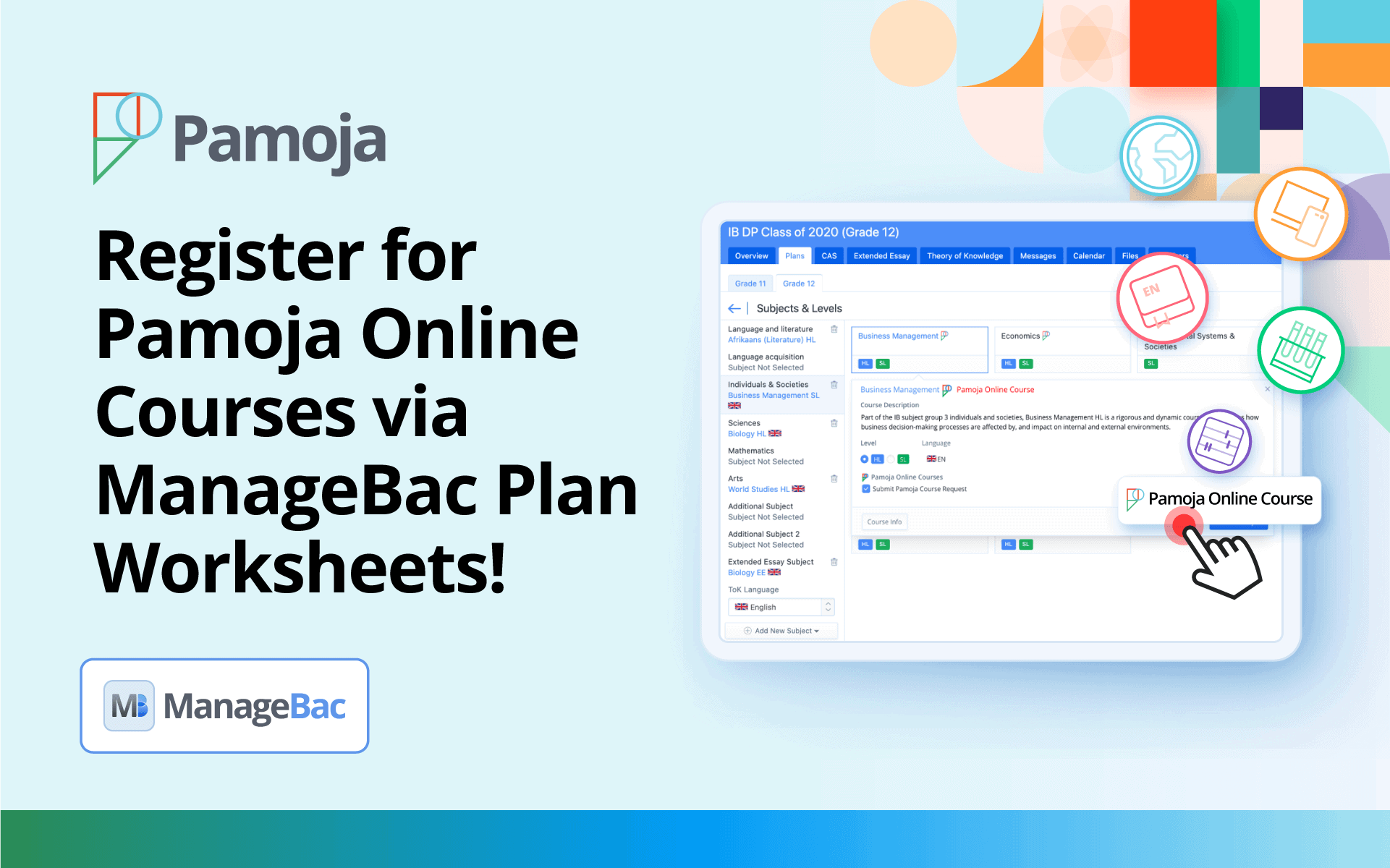Earlier this month, the world-leading Harvard Business School announced a small but significant change in the way it talks about itself. The Dean of the School, Dr Nitin Nohria – who in 2010 proclaimed that it would not enter the online education world within his lifetime – has since had a change of opinion about the merits of online learning, and now considers the School’s online offering (formerly called “HBX”) to be worthy of its prestigious brand. Henceforth, it will be called Harvard Business School Online.
Dr Nohria isn’t alone: in the last few years, many have woken up in the same way to the benefits of online learning. Last year, Arizona State University conducted a review of online learning at six major higher education institutions, concluding that digital offerings can indeed make high-quality education more affordable and efficient when properly executed. And today, online learning is part of everyone’s educational experience in one way or another – from tablets in nurseries and language learning apps, all the way up to technical vocational courses delivered in virtual classrooms.
The advantages of online learning are becoming ever more relevant. Today’s economy demands that we change and renew our skills throughout our lives, meaning that the flexibility offered by online learning is indispensable. As many of the jobs that will be available in 2030 hardly even exist yet, there is a serious need for ongoing, specialised education that does not fit the early-adulthood, residentially-based degree model. Furthermore, online learning is sometimes the only educational solution that can be fitted around professional life. For example, The Institute of Cancer Research‘s virtual learning environment plays a crucial role in allowing its students to fit their continuing education around clinical commitments and lab work. And at school level, online learning can be a huge help when there are temporary teacher shortages, or when a student wants to study a subject not covered by the school.
Online classes also often bring students together from a range of different countries, providing exposure to alternative cultures, perspectives and communication styles. This ability to collaborate across international and cultural borders is also becoming a crucial skill in the modern workplace, which relies more and more on the values of global citizenship. In a world increasingly characterised by restrictions on movement rather than open borders, online classes can allow people to learn at an advanced level no matter where they are based.
In particular, a growing body of evidence suggests that blended learning – a fusion of class teaching and online learning – is a huge step forward in making high-quality education affordable, adaptable and convenient. Classroom and tutorial teaching have distinctive strengths that cannot be found elsewhere, and when combined with online learning, they offer unique benefits. For example, an Institute of Education study (of students who had completed some of their pre-university education using Pamoja’s online courses) discovered that online learning had a number of different advantages that helped prepare students for university.
With learning becoming increasingly collaborative, 78% of students said that being able to plan group tasks using online calendars, scheduling tools and discussion applications was important for their success at university, while 71% said they found social networks useful for building relationships with other learners. Teachers also observed that online discussion forums allowed quieter learners to be heard in a way that doesn’t always happen in ordinary classrooms.
“The advantages of online learning are becoming ever more relevant. Today’s economy demands that we change and renew our skills throughout our lives, meaning that the flexibility offered by online learning is indispensable.”
Online learners were also more digitally literate, acquiring specific tech skills such as finding academic resources online, coordinating group work online, and using multimedia resources for academic production as well as exam revision. Importantly, they were also found to take greater ownership of their learning – they were less likely to rely on university tutors for help, more likely to set goals based on their own performance, and better able to manage and pace their own studies. All online learners surveyed agreed that studying online prior to university had increased their independence as learners – again, an ability that will give them a considerable advantage in their careers.
In fact, a blended learning approach can be adapted to virtually any educational need, and success usually involves a tailored product that fits the needs of the school and its students. According to the ASU study above, there are certain factors that tend to determine the success of online learning programmes: engagement with the faculty members, provision of remote support, a strategy that addresses different student populations, and use of outside vendors where applicable. As ever, it is important for educators to work with partners that have expertise in what works and what does not – as well as existing technological solutions that can be adapted and applied to the needs of the school.
Students will always need a teacher, yet online learning, when judiciously used as an augmentation of traditional learning, can be the perfect complement – as well as offering students skills and opportunities beyond all their expectations.
Guest column published on EdTech Digest
Sign up to our monthly newsletter to keep up to date with all the latest Pamoja news.





